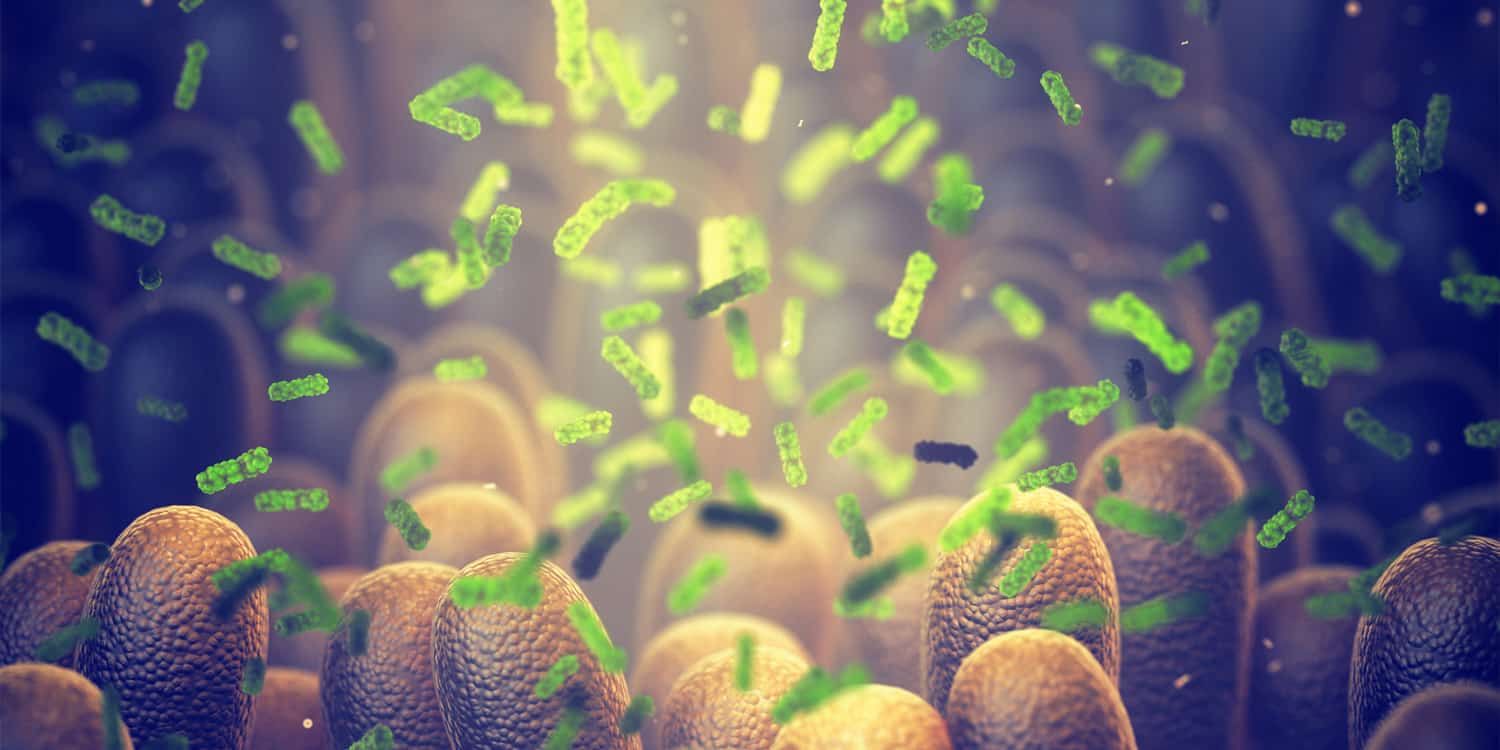In a groundbreaking study, researchers at The Jackson Laboratory and UConn Health have discovered that sodium valerate, a short-chain fatty acid produced by gut microbes, can significantly reduce binge drinking behavior and blood alcohol levels in mice. This finding, published in the journal Microbiome, offers new insights into the gut-brain connection and suggests a novel treatment for excessive alcohol consumption.
Alcohol use disorder (AUD) is a chronic condition characterized by an inability to control alcohol consumption despite adverse consequences. It affects millions of individuals worldwide, leading to significant health, social, and economic burdens.
Excessive alcohol consumption can result in liver disease, cardiovascular problems, mental health issues, and increased risk of accidents and injuries. Current treatments for AUD, such as medications and behavioral therapies, are often limited in effectiveness, underscoring the need for new and innovative therapeutic approaches.
Recent research has highlighted the intricate connection between the gut microbiome and various health conditions, including AUD. The gut microbiome consists of trillions of microorganisms living in the digestive tract, playing a crucial role in digestion, immune function, and overall health.
Emerging evidence suggests that the gut microbiome can influence brain function and behavior through the gut-brain axis, a bidirectional communication network linking the gut and the central nervous system. Changes in the composition and activity of gut microbes have been linked to mental health disorders, including anxiety and depression, which are often comorbid with AUD.
Given that alcohol consumption can alter the gut microbiome, leading to a decrease in beneficial bacteria and the production of short-chain fatty acids (SCFAs), the research team, led by Yanjiao Zhou and Jason Bubier, hypothesized that supplementing specific SCFAs could mitigate the effects of alcohol and reduce excessive drinking.
The researchers conducted their investigation using a mouse model of binge drinking. They administered three different SCFAs – sodium valerate, sodium butyrate, and sodium acetate – to evaluate their effects on alcohol consumption. Male C57BL/6J mice were used for the study, housed under controlled conditions, and acclimated before experimentation.
Mice were treated with either sodium valerate, sodium butyrate, sodium acetate, or sodium chloride (as a control) in their drinking water for ten days. Following this supplementation, the mice were subjected to a “drinking in the dark” (DID) paradigm, where they had limited access to a 20% ethanol solution to mimic binge drinking behavior. The volume of ethanol consumed was measured, and blood samples were collected to determine blood ethanol concentration.
Sodium valerate supplementation led to a significant reduction in ethanol consumption and blood ethanol levels compared to control mice. Specifically, mice treated with sodium valerate consumed 40% less alcohol and had 53% lower blood ethanol levels. This effect was not observed with other SCFAs, highlighting sodium valerate’s unique potential.
In addition to reducing alcohol consumption, sodium valerate also influenced anxiety-like behaviors in mice. The study employed an open-field activity test to assess anxiety levels, revealing that mice treated with sodium valerate spent more time and made more entries into the center of the field, indicating reduced anxiety.
This anxiolytic effect was accompanied by elevated levels of gamma-aminobutyric acid (GABA) in the brain, stool, and blood of the mice. GABA is a neurotransmitter implicated in anxiety and alcohol use disorders, suggesting that sodium valerate’s impact on GABA levels may be a key mechanism underlying its effects on behavior.
Further molecular analysis provided additional insights into the mechanisms through which sodium valerate exerts its effects. RNA sequencing of the amygdala, a brain region associated with emotional regulation, revealed significant changes in gene expression related to neuroinflammation, neurotransmission, mitochondrial function, and signaling pathways. These alterations suggest that sodium valerate influences multiple brain signaling pathways, which may collectively mediate its effects on reducing alcohol consumption and anxiety.
The study also highlighted the role of the gut microbiome in these processes. Sodium valerate supplementation led to changes in the composition of the gut microbiota, including an increase in specific bacterial genera. These microbiota changes likely contribute to the observed behavioral and molecular effects.
“The study expands our understanding of the important relationship between the gut microbiome and alcohol consumption,” said Bubier. “There is strong evidence that binge drinking significantly alters the microbiome in ways that accelerate the cycle of addiction via the gut-brain axis. Our findings provide a possible biological explanation for why that occurs and identify a potential therapy for reducing excessive alcohol use.”
While the findings are promising, the study has several limitations. Firstly, it was conducted solely on male mice, so further research is needed to determine if the results apply to females. Additionally, the study focused on alcohol-independent mice, meaning the effects of sodium valerate on alcohol-dependent models remain unknown.
Future research should explore the impact of sodium valerate on alcohol-dependent animals and investigate the long-term effects of its supplementation. Understanding the precise mechanisms through which sodium valerate affects alcohol consumption and anxiety will be crucial in developing targeted therapies.
“The implications of our study are significant,” said Zhou. “By demonstrating how sodium valerate alters gene expression and neurotransmitter levels, we provide a multifaceted explanation for its potential as a treatment for excessive alcohol consumption.”
The study, “Short-chain fatty acid valerate reduces voluntary alcohol intake in male mice,” was authored by Suresh C. Bokoliya, Jordan Russell, Yair Dorsett, Hunter A. Panier, Vijender Singh, Lauren Daddi, Hanshu Yuan, Liv R. Dedon, Zhongmao Liu, Yuqi Zhou, Zefang Min, Jessica R. Barson, Jonathan Covault, Jason A. Bubier, and Yanjiao Zhou.




